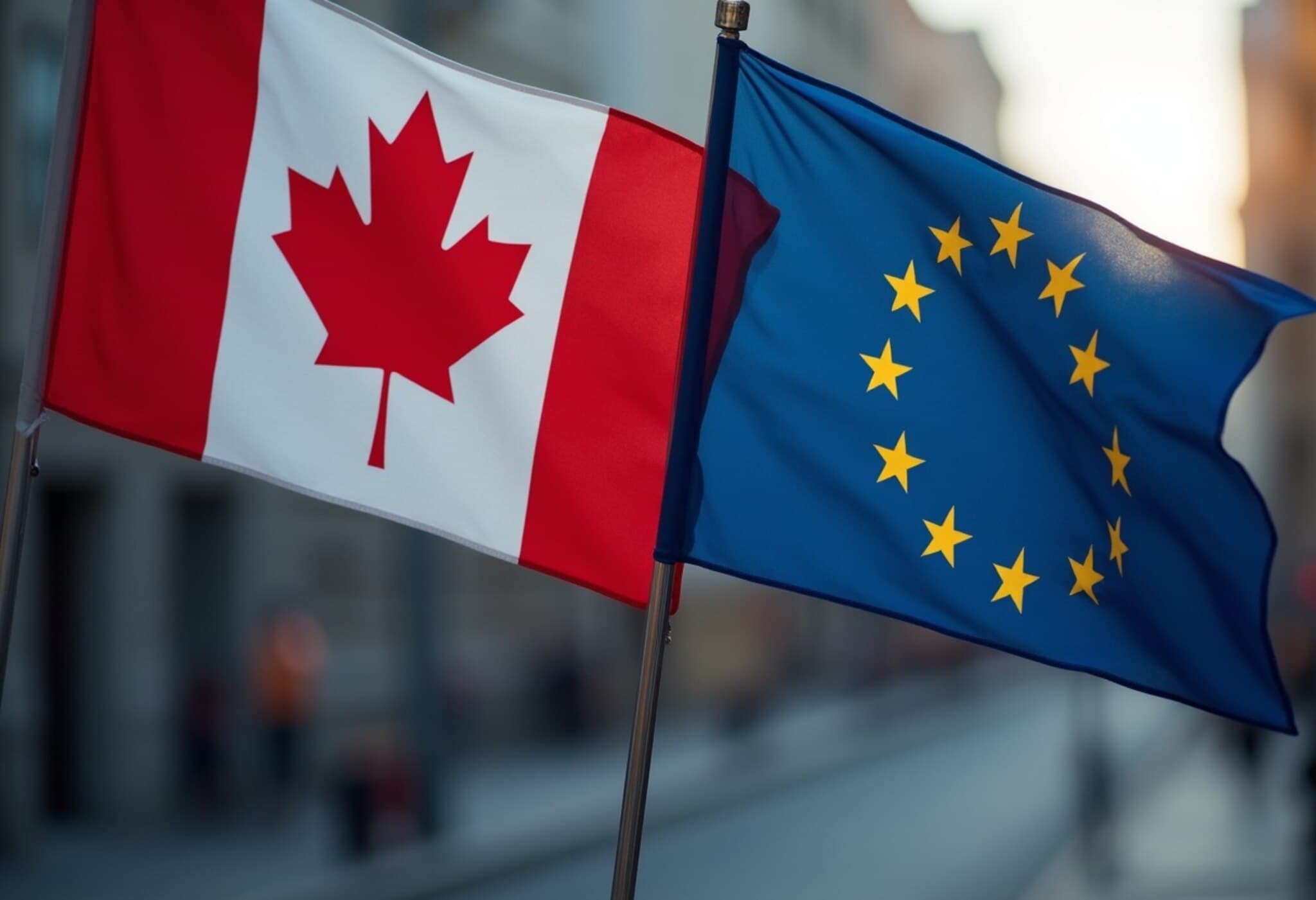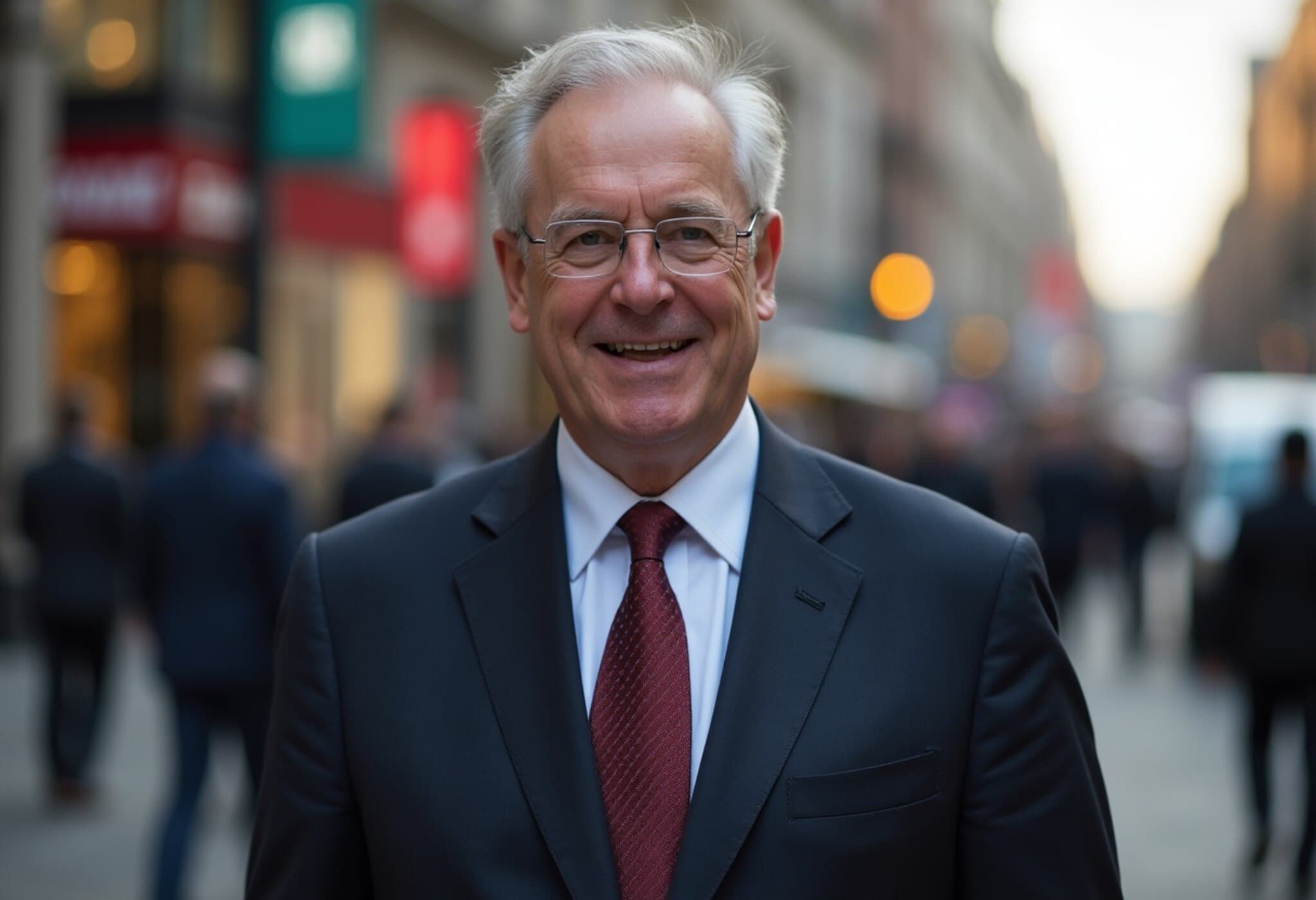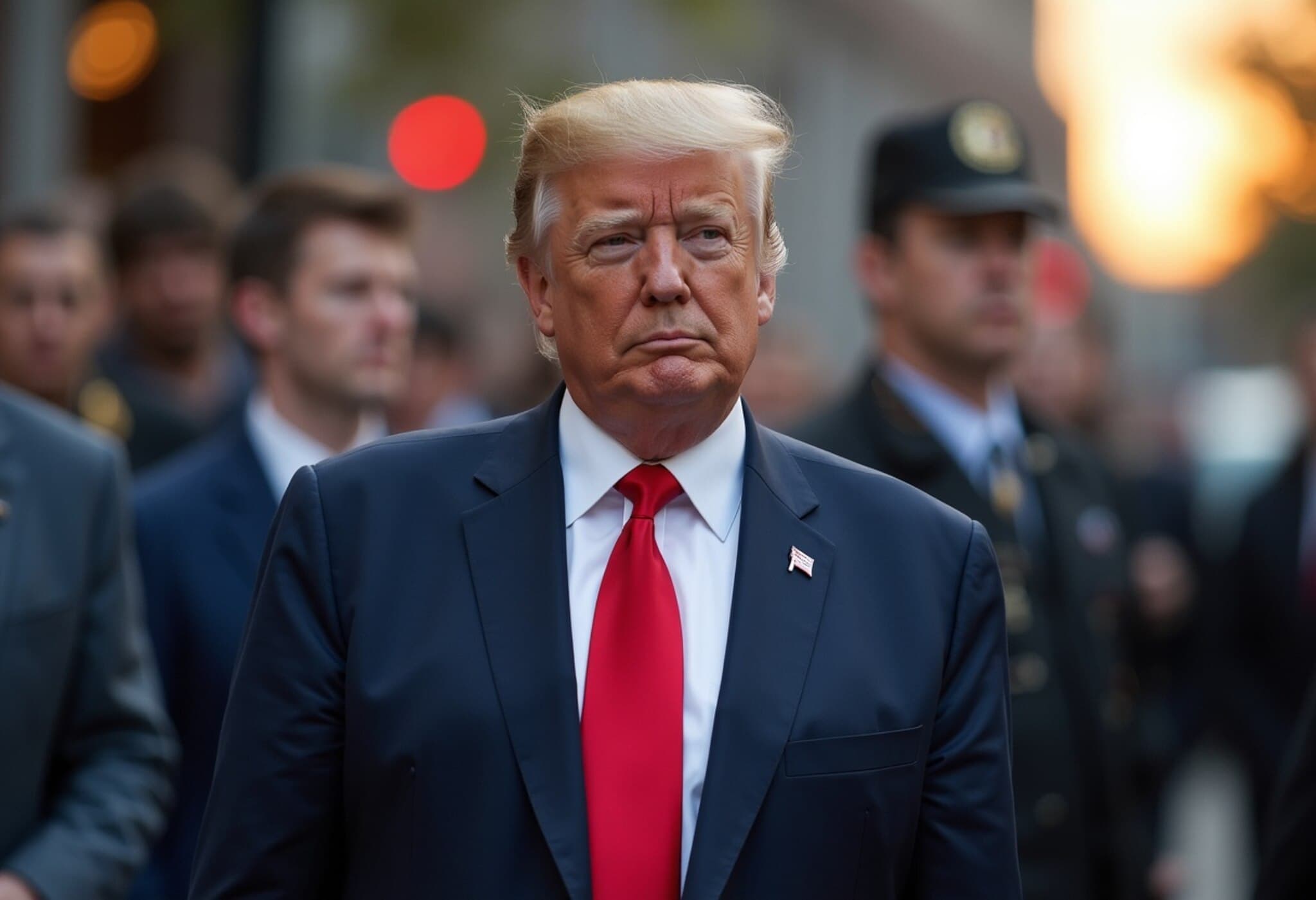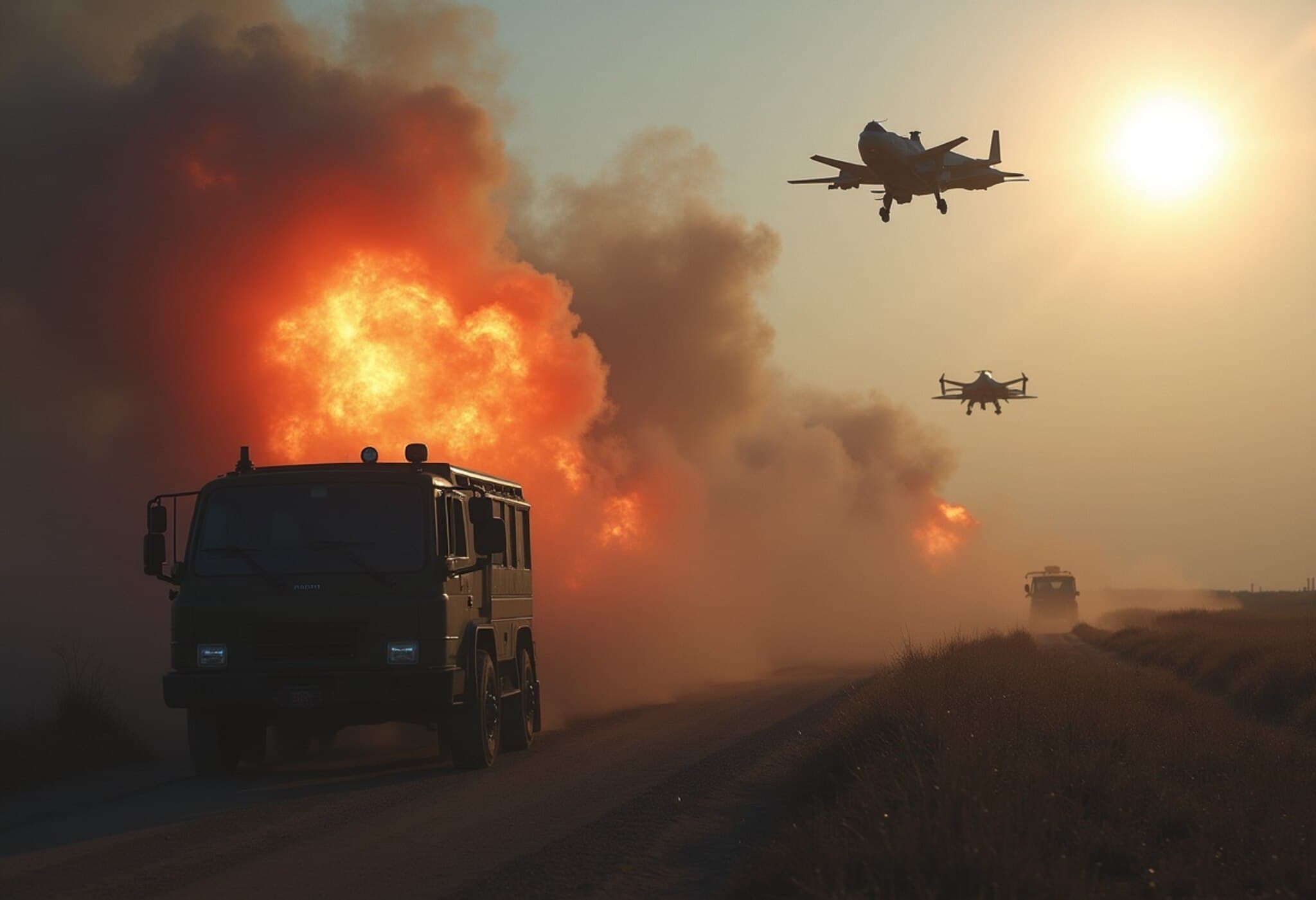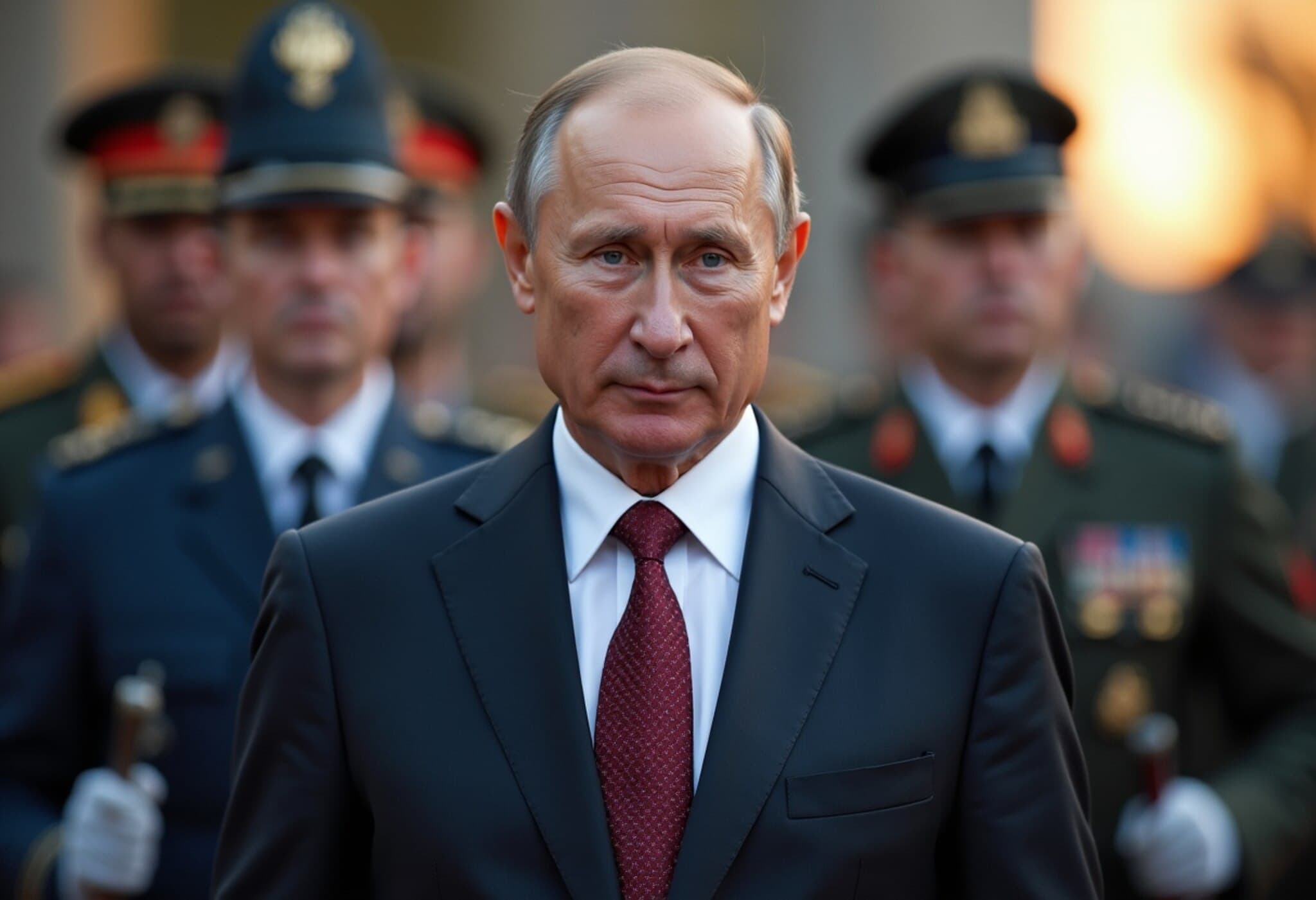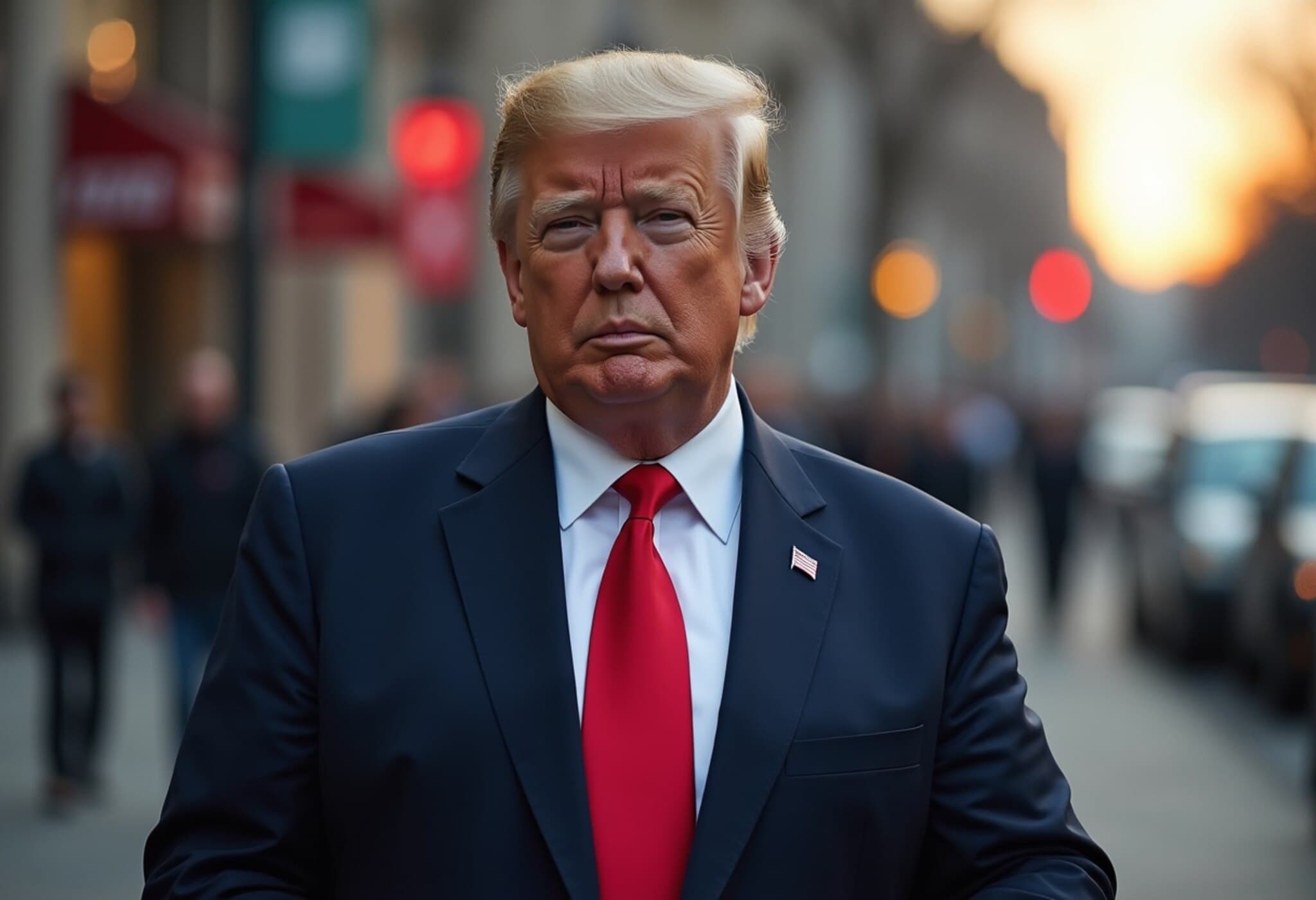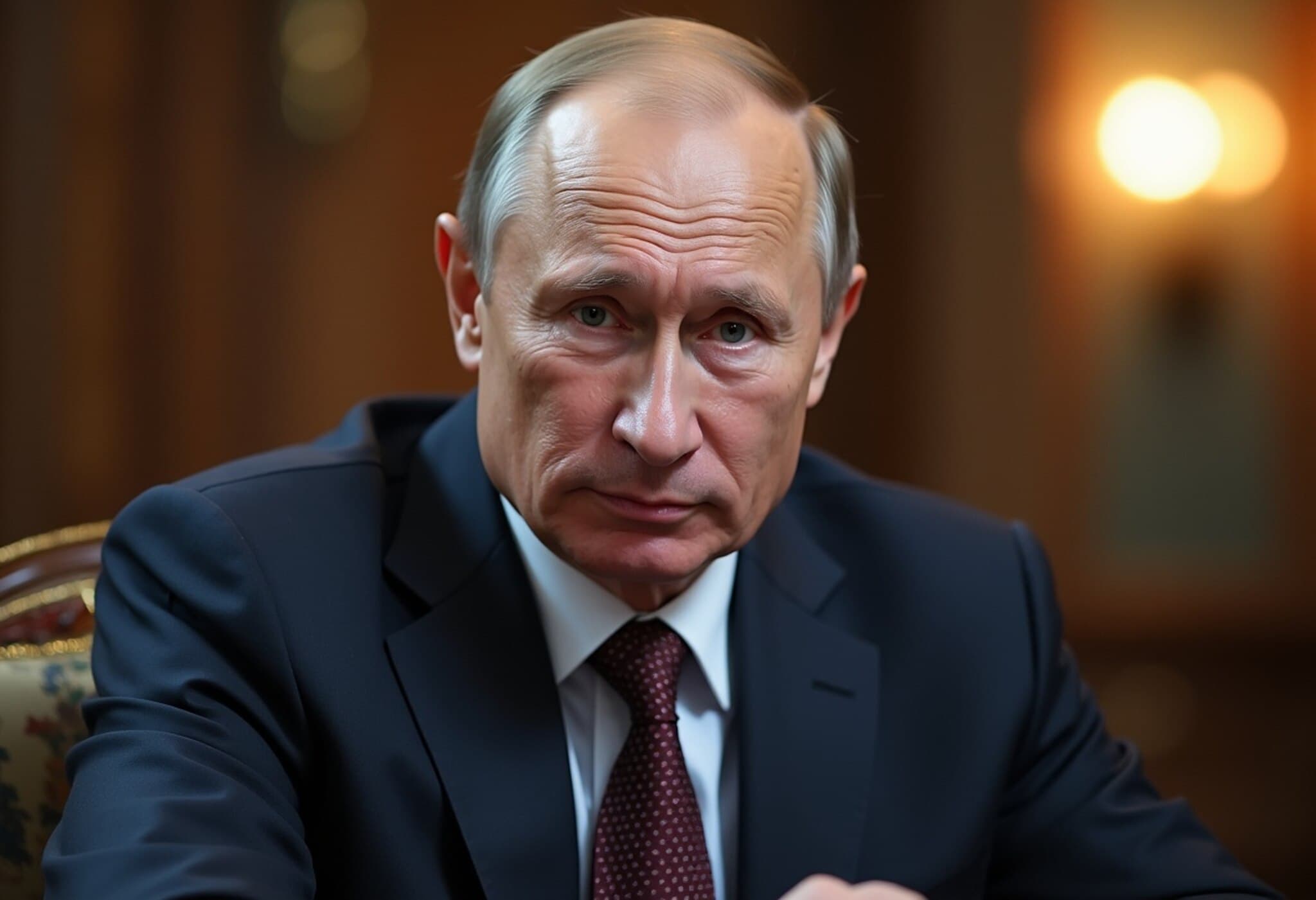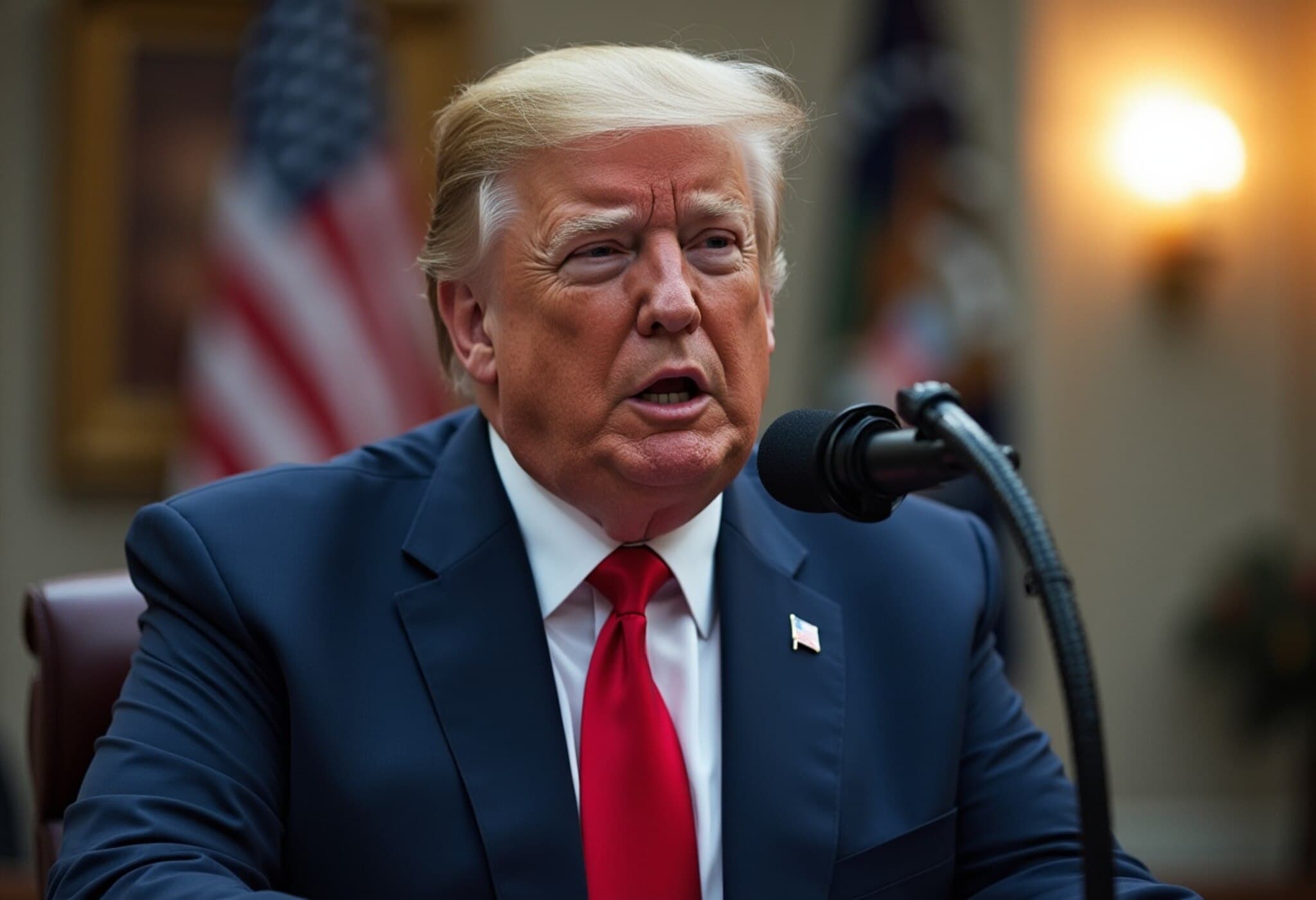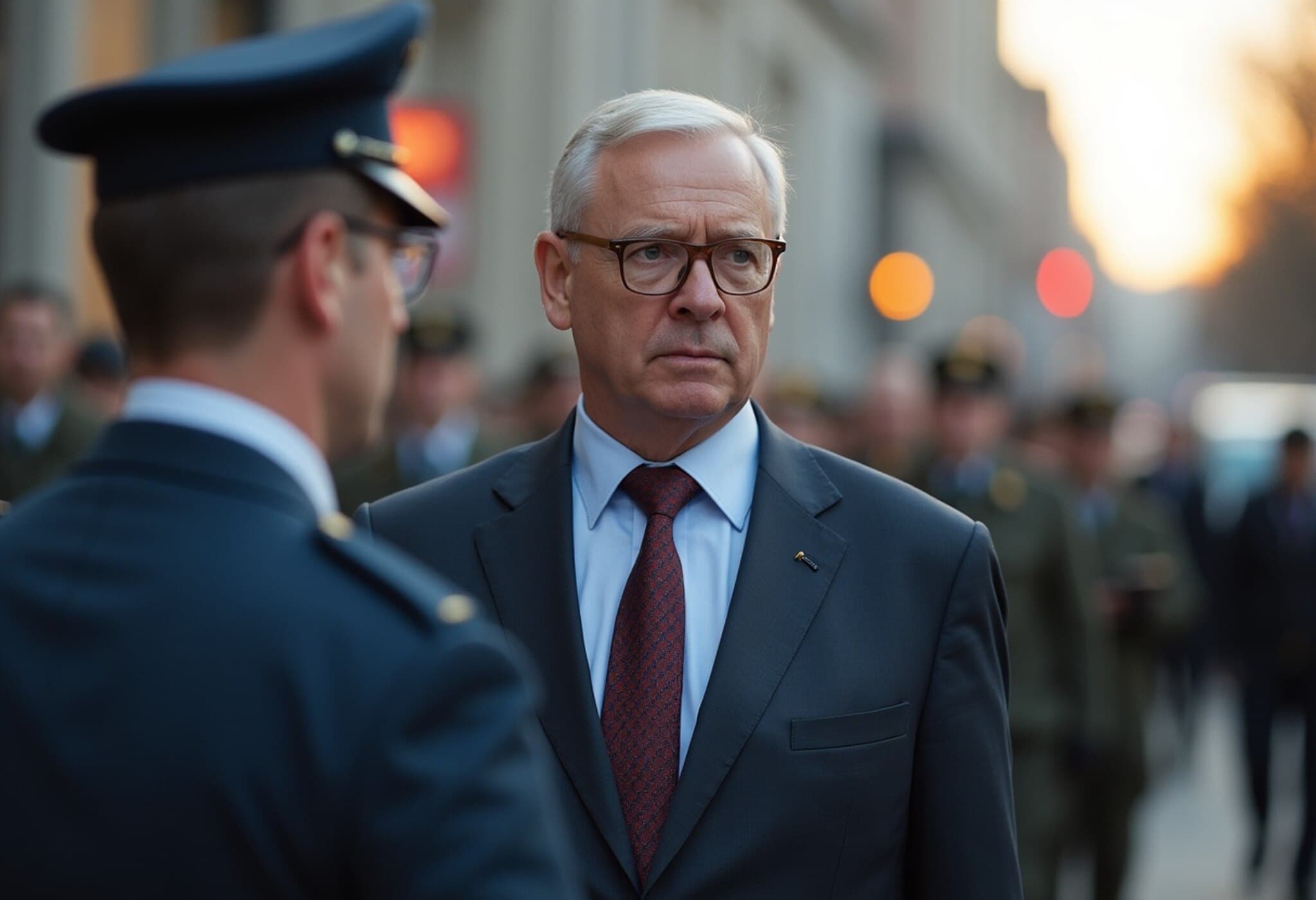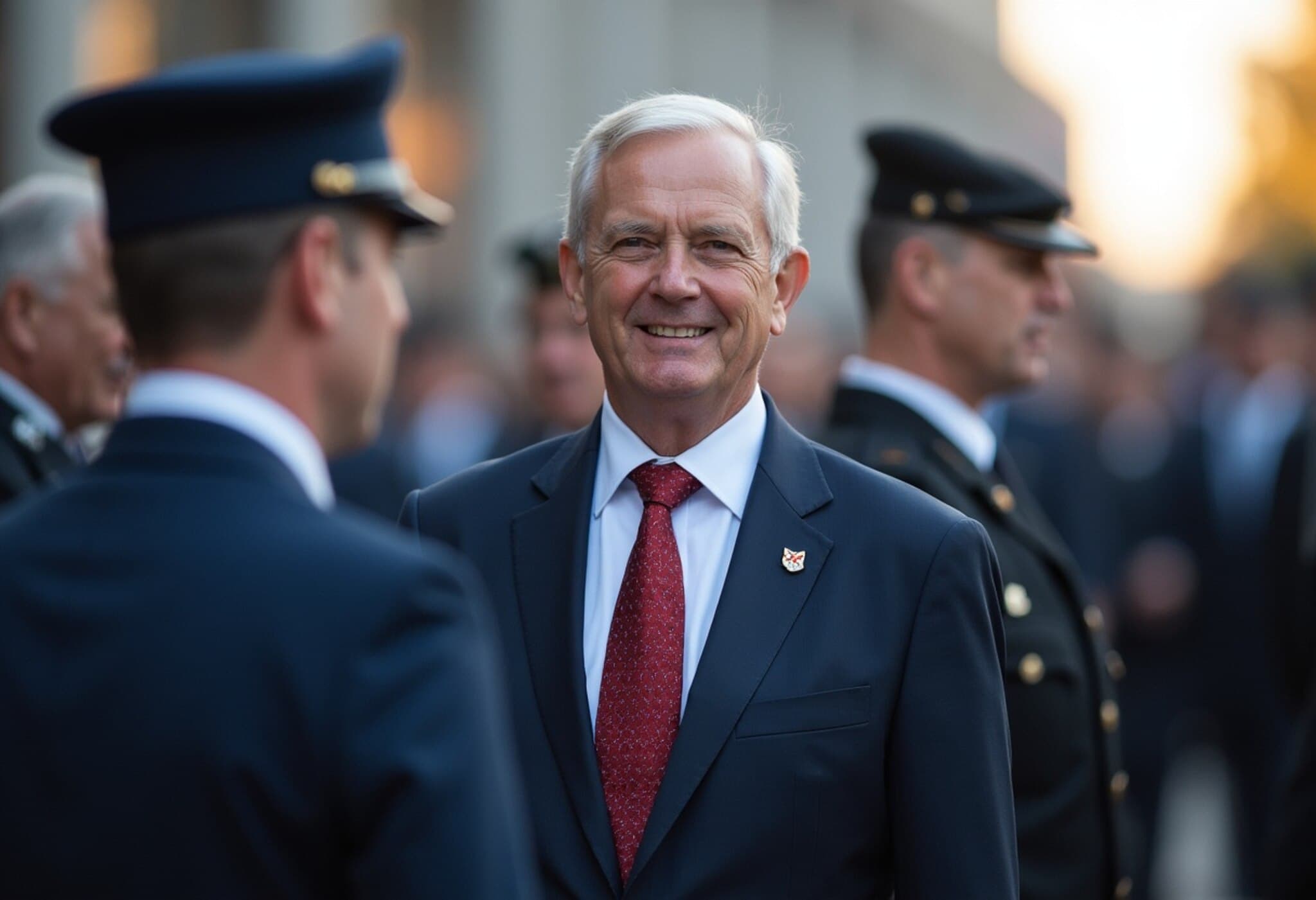EU and Canada Seal Historic Security Partnership Amid Changing Alliances
In a strategic shift marking a new chapter for transatlantic relations, Canada and the European Union (EU) have finalized their first-ever security and defence partnership. This pact aims to reduce Canada’s longstanding reliance on the United States by fostering closer ties with like-minded European partners.
Recalibrating Defence in an Uncertain Global Landscape
Against a backdrop of rising global tensions and a perceived retreat by the United States from traditional security roles, Canadian Prime Minister Mark Carney underscored the need for robust alliances to safeguard collective security and prosperity. The pact echoes Europe’s own efforts to bolster its defence capabilities amid the ongoing challenges posed by Russia’s aggression in Ukraine and shifting US policies.
Rearmament and Strategic Investment in Defence
The EU has embarked on an ambitious rearmament journey, driven by a historic $1.25 trillion investment plan titled the ReArm Europe initiative. This effort focuses on ramping up military spending, advancing weapon systems, enhancing defences, and developing hybrid warfare capabilities. Canada’s inclusion signals a commitment to shared security priorities beyond the North American continent.
Moreover, through the partnership, Canadian defence firms will gain access to this initiative and the EU’s $174 billion Security Action for Europe (SAFE) fund, which offers financial backing in the form of loans for procurement and related activities, ushering in fresh opportunities for collaboration.
Shifting Focus Ahead of the NATO Summit
The pact arrives just as NATO prepares for its summit in The Hague, where defence spending remains a hot topic. Canada has pledged to increase its defence budget to 2% of GDP within a year, aligning with NATO’s baseline targets, even as calls rise from the US for members to reach 5%. However, this summit is expected to prioritize diplomatic efforts to maintain strong ties with the United States rather than broad discussions on ongoing conflicts.
Leaders’ Perspectives on the New Partnership
European Council President Antonio Costa emphasized that while NATO continues to serve as the bedrock of transatlantic defence, this new pact accelerates preparedness and encourages smarter, more efficient investments. EU Commission President Ursula von der Leyen hailed the agreement as a promising start that benefits industries, citizens, and overall transatlantic security.
This fresh security alliance not only reflects Canada’s strategic recalibration but also signals a broader European desire to diversify security partnerships beyond traditional ties. As geopolitical uncertainties rise, such collaborations may define the future contours of international defence cooperation.

